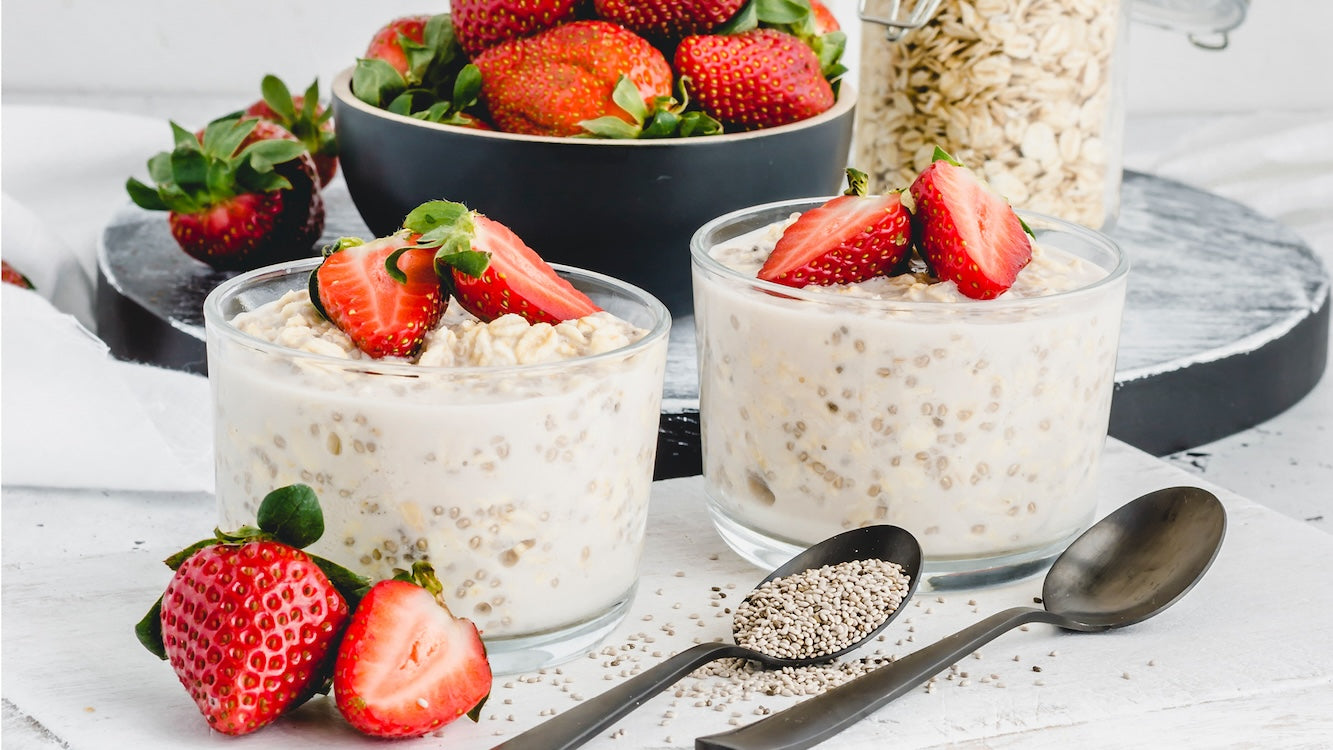We often talk about macronutrients here at THE BOD (protein, fat and carbohydrates). But what about micronutrients - what are they and why do we need them? Well, keep scrolling, sis….
Micronutrients, often referred to as vitamins and minerals, are essential nutrients our bodies require in small amounts (hence why they’re called micro) to orchestrate a range of physiological and biological functions.
They play a vital role in the body as they keep us healthy, prevent disease and sickness, and aid us in recovery from stresses that the body goes through on a day-to-day basis.
Minerals play an important role in growth, bone health, fluid balance and several other processes. Meanwhile, vitamins are necessary for energy production, immune function, blood clotting and other functions.
Vitamins are organic compounds made by plants and animals which can be broken down by heat, acid or air. Whereas minerals are inorganic, exist in soil or water and can’t be broken down.
MINERALS
Minerals can essentially be further broken down into macrominerals and trace minerals. Macrominerals are more popularly named electrolytes and include the minerals Calcium, Chlorine, Magnesium, Phosphorus, Potassium, Sodium, and Sulphur. Trace minerals, on the other hand, are needed in smaller amounts to macrominerals and some of the main ones to remember are Zinc, Iodine, Selenium, Iron, and Copper.
VITAMINS
There are two types of vitamins; fat-soluble and water-soluble. Fat-soluble vitamins are better absorbed with the assistance of fat being present and are not required in large amounts due to their ability to stay in the body for longer. The fat-soluble vitamins consist of the vitamins A, D, E, and K while water-soluble vitamins are made up from the B vitamin group where there are a total of 8, as well as vitamin C. Water-soluble vitamins are excreted via sweat and urine regularly. It’s important to replace water-soluble vitamins often as they get excreted, making it difficult to overdose on them.
Where can I find them?
Our bodies can’t really produce the vitamins and minerals we essentially need, therefore we must obtain micronutrients from food, such as plant and animal-based products.
The micronutrient content of each food is different, so it’s best to eat a variety of foods to ensure you’re getting enough vitamins and minerals in your diet.
Some examples:
- Vitamin A - Sweet potatoes, pumpkin, carrots
- Vitamin B - Fish, poultry, eggs, dairy, soy and rice milk
- Vitamin C - Oranges, broccoli, kiwis, mango, sprouts
- Calcium - Dairy, oranges, kale, beans, almonds, tofu
- Iron - Meat, spinach, broccoli, beans, lentils
It’s crucial for overall health to select foods that are rich in micronutrients. Choosing nutrient-dense foods should be the norm, rather than the occasional ‘add-in’. Think whole grains, fruits, vegetables, and naturally occurring fat sources like avocados, eggs, and nuts.
Here at THE BOD, we don’t restrict any macronutrients in our programs and we ensure that you are consuming adequate micronutrients. If you’d like to find out more, take a look at our Nutrition & Training Programs.





Leave a comment